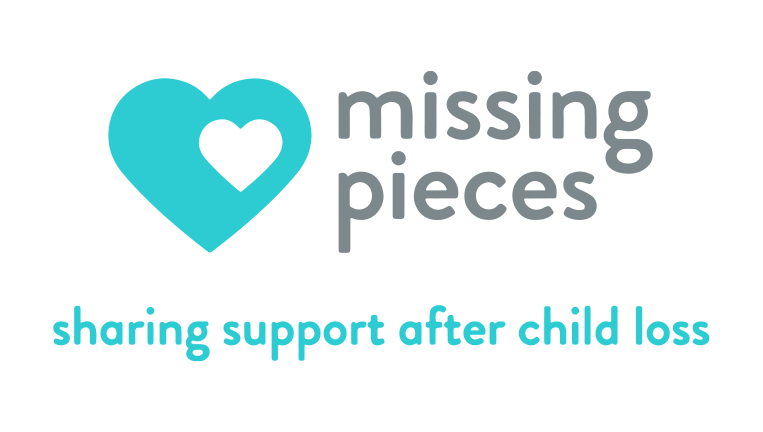
Grandparent’s Grief
A grandparent’s grief can be a complicated journey. Your grief is twofold. Not only are you mourning the loss of your grandchild, you have also lost a part of your son or daughter that will never be the same. Many grandparents feel a sense of helplessness because they are unable to prevent the anguish their own child feels. Life may now seem more fragile and unfair than ever. It is normal to feel unequipped to adequately support your child while also experiencing your own grief.
The relationship between a grandparent and a grandchild can be incredibly special and unique. A grandparent’s grief may not always be recognized or supported, but it is there. It is vital for grandparents to give themselves permission to grieve and to focus on their own needs. You are also grieving your personal relationship with your grandchild, and their death has created a hole in your life that cannot be filled by anyone else.
No one expects to outlive their own children, much less their grandchildren. Reactions of guilt and anger can be intermingled. Grandparents may experience survivor guilt because it seems unnatural to outlive a grandchild, and they may express the wish that they “could change places” with the deceased child.
Grandparents may also experience generational differences in the expression of grief or struggle with limited support systems of their own as people in their community may not even be aware of the death. As a grandparent, it is important for you to acknowledge your grief while separating it from your child’s grief. Seeking out support for yourself will help you in respecting and supporting your child as they grieve in their own way.
-
Read about grief. It is important to understand what you and your child are experiencing.
It helps to be open and share your feelings. Your openness sets a good example for your child. Share the good memories and the good days as well as the pain of grief and the bad days.
Create healthy boundaries by not letting your grief overshadow your child’s grief.
Be available to listen to your child without interrupting. Respect your child’s way of handling pain and expressing grief. Be non-judgmental and accepting of their feelings and choices—everyone grieves differently.
Say your grandchild’s name and talk about him or her.
Remember your surviving grandchildren.
Instead of asking, “Is there anything I can do to help?”, offer concrete suggestions: provide meals, assist in organizing a funeral, or support your living grandchildren.
Wait to help clear away any of your grandchild’s items until your child is ready.
Commemorate your grandchild—Remember special dates: plant a flower, plant a tree, place a marker, establish a memorial fund/scholarship, make a donation on your grandchild’s birthday, or remember during holidays of different faiths.
Wait to raise any conversation with your child about having future children until they are ready.
Research local support groups or counseling for yourself and the grieving parents, who may find it overwhelming to seek out support, so that options are available to the parents when they are ready.
Recognize that healing is a lifelong process and help your child understand that there is no timeframe for grief . Do not suggest that your child should or will “get over” or “get past” a loss.
-
Healing a Grandparent’s Grieving Heart: 100 Practical Ideas After Your Grandchild Dies - Alan Wolfelt
Grandparents Cry Twice Mary Lou Reed A Grandparent’s Sorrow - Pat Schwiebert
Chicken Soup for the Grieving - Soul Canfield & Hansen
For Bereaved Grandparents - Margaret Gerner
Grief of Grandparents Resolve Thru Sharing When a Grandchild Dies - Nadine Galinsky
Grandparents Grief (Share Pregnancy & Infant Loss) - National Share
For Bereaved Grandparents - Margaret Gerner
The Grief of Grandparents - TheCompassionateFriends.ORG
